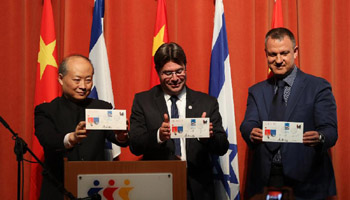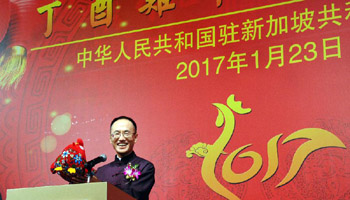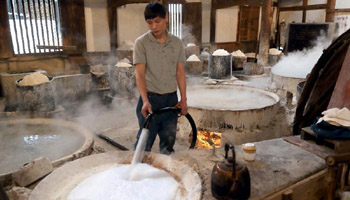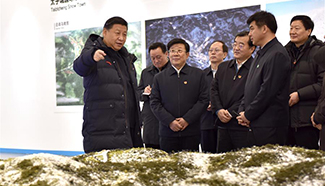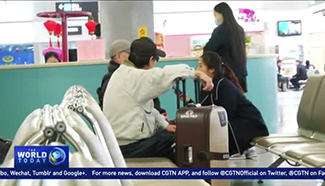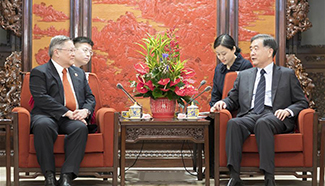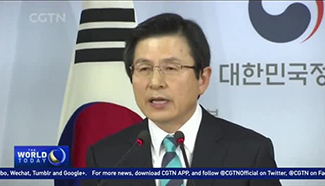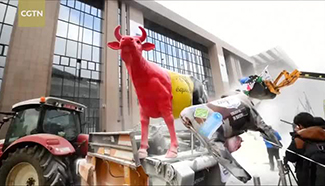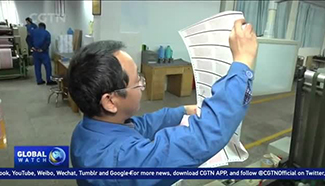by Juan Limachi
LIMA, Jan. 23 (Xinhua) -- U.S. President Donald Trump's plan to build a wall along his country's southern border could prove divisive for its relations with Latin America, said Eduardo Arroyo Laguna, director of Peru's College of Sociologists.
A wall would drive a very visible wedge between the developed north and the developing south in the Americas, Laguna told Xinhua while talking about the sociopolitical ramifications of the proposed measure.
"We are no longer even talking about a backyard, we are now talking about...a Berlin wall," he said.
For years, U.S. decisionmakers have routinely referred to Latin America, and Mexico in particular, as their "backyard," but until now none has proposed physically segregating the continent, said Laguna.
Trump's way of thinking is a reflection of a larger problem, said Laguna, who also teaches at the Federico Villarreal National University.
"Ultimately, Trump is revealing the major crisis affecting society in North America. It is a frightened world...when you put up a wall, it is because you are frightened," he said.
Underlying that fear may be a refusal to acknowledge the demographic changes taking place in the United States, where major cities, such as New York, Los Angeles and Miami, are home to large Hispanic populations.
"Los Angeles is the third-largest Mexican city in the world," joked Laguna, referring to the city's approximately 2 million Latino residents.
"Not being able to see New York for what it is," a city notable for its diversity, "is not having a clear view of things. In New York, 95 percent of street vendors are Latinos," said Laguna.
Given the U.S. ethnic diversity and history as a cultural melting pot, as well as its global influence, it is surprising that Trump's brand of isolationism has found so much support, he said.
"Amazingly, the world's dominant power, the United States, is proposing a nationalist policy to protect itself against globalization, which is a policy of open doors and open borders," said the academic.
The outlook is uncertain given the global impact the new president in the White House can have, Laguna said.


